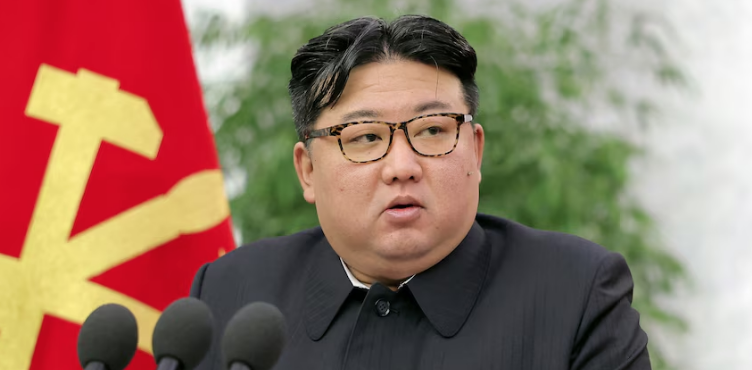In a surprising and controversial move, North Korean leader Kim Jong Un has reportedly issued a ban on the consumption of hotdogs, citing concerns over their association with Western culture. The decree comes as part of the regime’s ongoing efforts to eliminate what it perceives as foreign, capitalist influences from the everyday lives of its citizens.
Kim Jong Un, who has served as North Korea’s Supreme Leader since December 2011, has long emphasized the need for the country to preserve its ideological purity and resist the encroachment of outside cultural forces. The ban on hotdogs, a popular American fast food item, is said to be a direct response to their growing popularity in neighboring South Korea. According to reports, Kim views the dish not just as a foreign food, but as a symbol of Western decadence that is now seen as incompatible with North Korean values.
The ban is expected to have wide-reaching consequences for both everyday citizens and street vendors. Anyone caught preparing or selling hotdogs is said to face harsh penalties, including deportation to labor camps. The move reflects Kim’s broader campaign to suppress what he deems “imperialist” cultural practices, which have increasingly made their way across the border from South Korea.
North Korea has long maintained a strict stance against Western influences, with the government frequently targeting foreign media, music, and fashion as part of its ongoing effort to maintain a tightly controlled and self-sufficient society. The hotdog ban is only the latest in a series of measures designed to ensure that the population remains insulated from outside trends and influences.
As North Koreans face the prospect of severe punishment for violating the hotdog ban, the regime’s determination to safeguard its version of ideological purity continues to shape its policies and governance. Kim Jong Un’s decision, while emblematic of his broader campaign to maintain control over the country’s culture, has sparked debate and raised eyebrows internationally, with critics questioning the extreme lengths to which the regime is willing to go in its efforts to suppress what it views as outside corruption.
In the face of such sweeping restrictions, the situation in North Korea underscores the ongoing tension between isolationist policies and the pressures of globalization, with the country’s leadership firmly entrenched in its stance against the perceived dangers of foreign influence. As the ban on hotdogs takes effect, it remains to be seen how the move will affect the daily lives of North Koreans and how it will be received by the wider international community.
